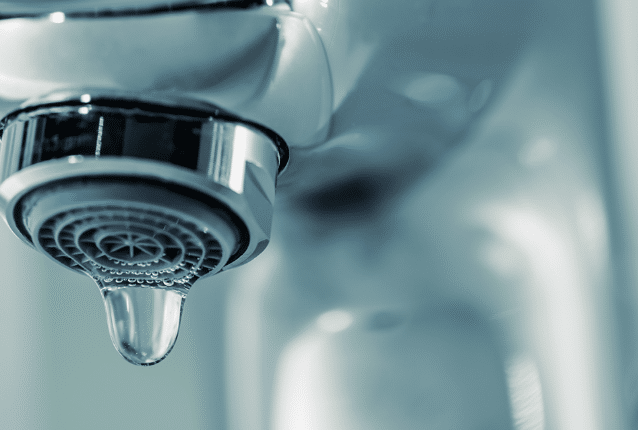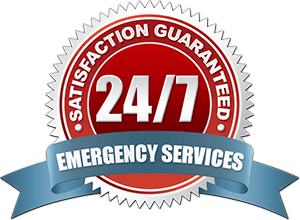
6 Techniques For Identifying Minor Water Leaks In Your Home In San Diego
When compared to the larger scope of plumbing problems you encounter in your house, water leaks can appear insignificant. However, it is a reality that even a small water leak, if left unattended, can result in substantial damage.Water leaks can result in major structural damage, the growth of mould, and other grave issues.
Therefore, it’s crucial to keep an eye out for any indications of minor water leaks in your home so you can remedy them before they worsen.
The following six methods can help you find small water leaks in the home:
-
Verify The Water Metre
Examining your water metre is one of the easiest ways to check for minor water leaks in your home. Even if you haven’t been using more water than usual, you may have a water leak in your home if you realise that your water usage is higher than typical.
-
Search For Water Marks
Look for any water stains on your walls, ceilings, or floors as another technique to check for small water leaks. These can be indicators that a concealed water leak has to be addressed.
-
Look For Mildew Or Mold
It may indicate a water leak if you see any mould or mildew growing in your home.
This is due to the fact that mould and mildew require moisture to thrive, therefore if you notice them in your home, there is probably a water leak someplace.
-
Check For Wet Areas
Feeling around for any wet spots on your walls, floors, or ceilings is another technique to look for little water leaks. If you notice any moisture or dampness, there may be a hidden water leak.
FAQs
How Can The Source Of A Tiny Water Leak Be Found?
- Inspect the floors and walls for flaws.
- Fortunately, some cues may indicate where your leak is most likely to come from.
- Observe the water metre.
- Look around the yard.
How Might These Tiny Water Leaks Be Found?
To check for leaks, locate your water metre and watch to see whether the leak indicator is moving. Depending on the model, the leak indicator on your metre can be a tiny triangular-shaped dial or a little silver wheel that spins when water is flowing through the metre. If the dial is spinning, there is a good chance you have a leak.
Why Is Plumbing Important?
Plumbing can be used to remove trash and liquids in addition to collecting, transporting, and distributing clean water. Plumbers strive to make sure plumbing systems dispose of waste effectively and safely. This enables you to distinguish between hazardous substances and your pure water.
How To Find Sewer Line Problems In House Plumbing?
Finding sewer line problems in house plumbing is essential to maintain the integrity and functionality of the overall plumbing system. Identifying these issues early on can prevent costly repairs and potential health hazards. If you notice multiple drains in your house are slow or clogged, it could be a sign of a sewer line problem. Pay attention to sinks, showers, toilets, and floor drains. Slow drainage or gurgling sounds could indicate a blockage or a damaged sewer line. Unpleasant smells emanating from drains or outside your house can indicate a sewer line issue. Sewer gases escaping from damaged or broken pipes may cause a strong, unpleasant odor that lingers in the air. Frequent backups or overflows in toilets, sinks, or showers are clear indications of a sewer line problem. If wastewater is unable to flow freely through the sewer line, it can result in backups and even flooding inside your home. A damaged sewer line can cause water to seep into the ground, leading to soggy or sunken patches in your yard. If you notice an unusual softness or constant wetness in specific areas, it may be a sign of a leaking or collapsed sewer pipe. Damaged sewer lines can attract pests like rodents and insects. If you notice an increase in pest activity around your property, it could be due to sewer line problems, as they are drawn to the presence of waste and moisture.
Conclusion
If you see any evidence of a water leak in your house, fix it right away. Dial (619) 374-8554 to contact 1st Response Leak Detection right away!
Call the experts of 1st Response Leak Detection at (619) 374-8554 to avail of our leak detection services in San Diego, CA.



